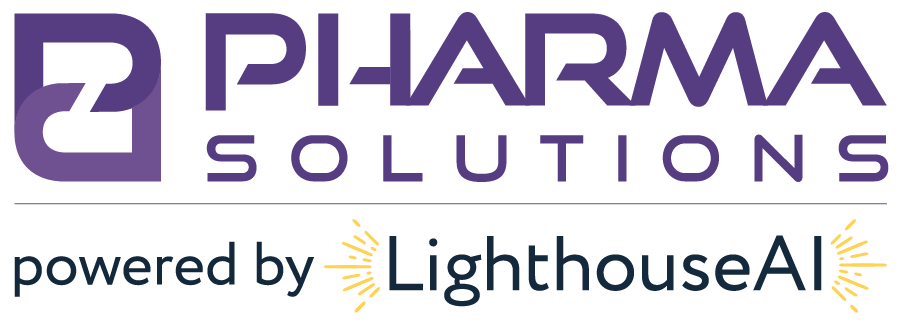Licensing Issues Causes Public Skirmish with State Boards for Drug Companies
The patchwork that is state licensure is a constant challenge for all companies in the pharmaceutical supply chain – from international drug manufacturers to independent distributors. Companies not in compliance are at significant risk of being caught by state agencies and facing significant fines, having disciplinary action follow them for years, and, in one example, being forced to close their business. Most important to remember is that non-compliance typically sets off a chain reaction.
Drug Manufacturer Reprimanded for Unlawful Sample Distribution
Sun Pharma has faced disciplinary action or has been investigated for disciplinary action in at least three states: Alabama, Florida, and Washington. Sun Pharma first signed a consent order with Alabama in October 2019 [read here], paying $21,000 in fines due to “distributing drug products in Alabama during 2018 and/or 2019 without first” obtaining a permit. After paying the fee, Sun Pharma was subsequently awarded a Private Label Distributor – Virtual license in Alabama.
The Florida Division of Drugs, Devices, and Cosmetics (FL DDC) and the Washington Department of Health (WA DOH), likely tipped off by the Alabama consent order, also started into their own investigation into the matter. FL DDC and WA DOH both require manufacturers causing drug samples to be shipped into their state, under their Complimentary Drug Distributor and Drug Sample Distributor Registration, respectively. State agencies that regulate the pharmaceutical supply chain have extremely robust communication channels with each other, relying on each other to deal with for new developments within the industry – but also for enforcement actions on registrants.
503B Facility Forced to Close Due to Failure to Obtain Licensure
Fusion IV Pharmaceuticals, Inc., a 503B compounding facility formerly located in California, was forced to close after it lost an appeal in federal court. Fusion IV Pharmaceuticals was a federally listed 503B outsourcing facility. They applied for 503B licensure in California but were rejected primarily because of discipline imposed on the company’s pharmacist-owner. Without a license in California, they were ordered to close – so they sued, and lost, arguing that the DQSA preempted the requirement to obtain a license in California.
The DQSA revamped the drug compounding industry when it was signed by President Obama in 2013. The law was fueled by the tragic New England Compounding Center meningitis outbreak that began in September 2012 and sickened 798 individuals and resulted in the deaths of more than 100 people. The DQSA, simply, laid out federal regulation of compounding in two parts: 503A, compounding pursuant to a prescription; and 503B, compounding as “mini-manufacturers” to combat sterile drug shortages [read here].




0 Comments